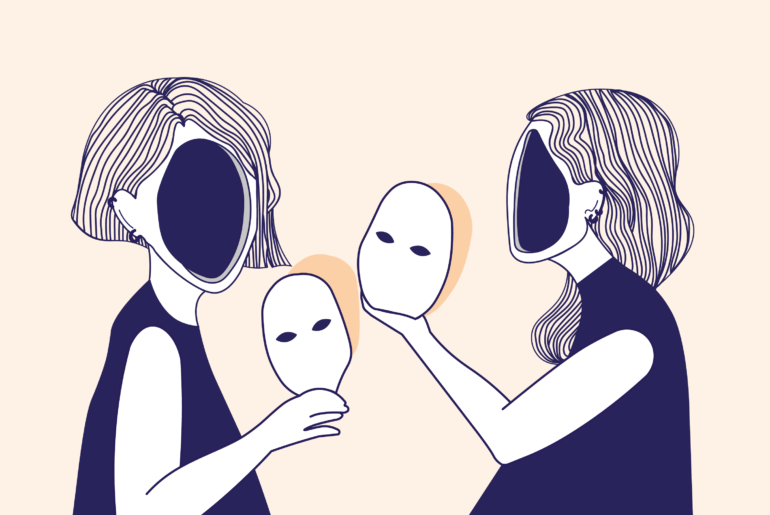An approach to Lacanian ethics in psychotherapy
“Evil lives off a certain idea of good” (Carmen Gonzalez Tabaos, 2019).
What is your idea of Good? Where do you find “Good”? And is this, in fact, the only question that psychoanalysis is allowed to ask?
Lacan says something fundamental: We do not work with the logic of intention (or what’s best for someone). We work with the logic of consequences.
So, what are the consequences of living in a certain way?
And just like that, we are talking about ethics in psychoanalysis: there is no fundamental Good, neither is there a recipe on how to be happy. But we have the possibility of taking the way we live and the consequences of our actions seriously.
The Weight of External Ideas in Subjective Life
In the therapy room, I work with individuals who live in a subjective and, therefore, particular and unique way. This unique way might be influenced by many different factors. Sometimes, outside factors can pressure people into certain actions and decisions. For example, “what society thinks that someone of your age needs to accomplish,” “what your religion commands you to do,” or “what your parents ask you to do or be. ”
Ideas of Good and how to live, sometimes come primarily from the outside world or from your loved ones. Then, you may live under ideas that are not aligned with you anymore and are not making you comfortable or happy. Also, other people’s ideas about how you should live can influence the most minor decisions without you noticing.
An Ethics of Respect for Singularity
The Lacanian ethic works with absolute respect for singularity. That is why directions of treatment are never the same; rather, they depend on the simple fact that each individual is considered unique in their singularity. For example, I can receive two people who both experience panic attacks. But my approach is different in each case. The physiological symptoms in a panic attack might be similar, but the origin and reason are not the same.
This respect for singularity is the opposite of what happens in medicine. Doctors check your symptoms, give you a diagnosis, and prescribe preexisting treatment to cure not just you but everyone else with the same symptoms. In psychoanalysis, it is important to never “put someone in a box” and never leave out the singular experience.
Clinical Listening and Interpretation
The therapy room has two essential tools operating within this ethic: clinical listening and interpretations.
Listening to Lacanian psychoanalysis is free of judgment. Not having prejudices about your client enables you to focus on the most essential thing: your client’s singularity. The key is not making assumptions and keeping an open mind when hearing your client’s stories.
The analytical device seeks to offer a different level of understanding about yourself. To do this, it’s essential to build curiosity about why things are the way they are. It takes you out of your comfort zone because not knowing sometimes is more effortless. Curiosity will keep work going, session after session.
This leads to the possibility of asking another fundamental question: Why does this happen to me? Is it “bad luck”? Or is it something more profound in which I am involved?
Lacanian interpretations aren’t made to be “understood” but to provoke movement and generate ways out of determination. Sometimes, this can be as simple as asking a question. In my analytical experience (and as someone who does psychoanalytic treatment herself), I see it as being offered alternative points of view so I can see myself clearly and, therefore, make different movements.
Psychoanalysis as an Opening to New Ways of Living
The difficult work of questioning oneself has real effects. Gradually, new frameworks of freedom emerge—ways of reacting, deciding, and living that were not available before. As an analyst, I explore each patient’s willingness to engage with these fundamental questions.
For me, the most important thing is that people do not hide—that they step forward and question what causes their suffering. Little by little, this opens the possibility of finding new ways of inhabiting the world, ways that are more aligned with their own desires rather than imposed by others.

